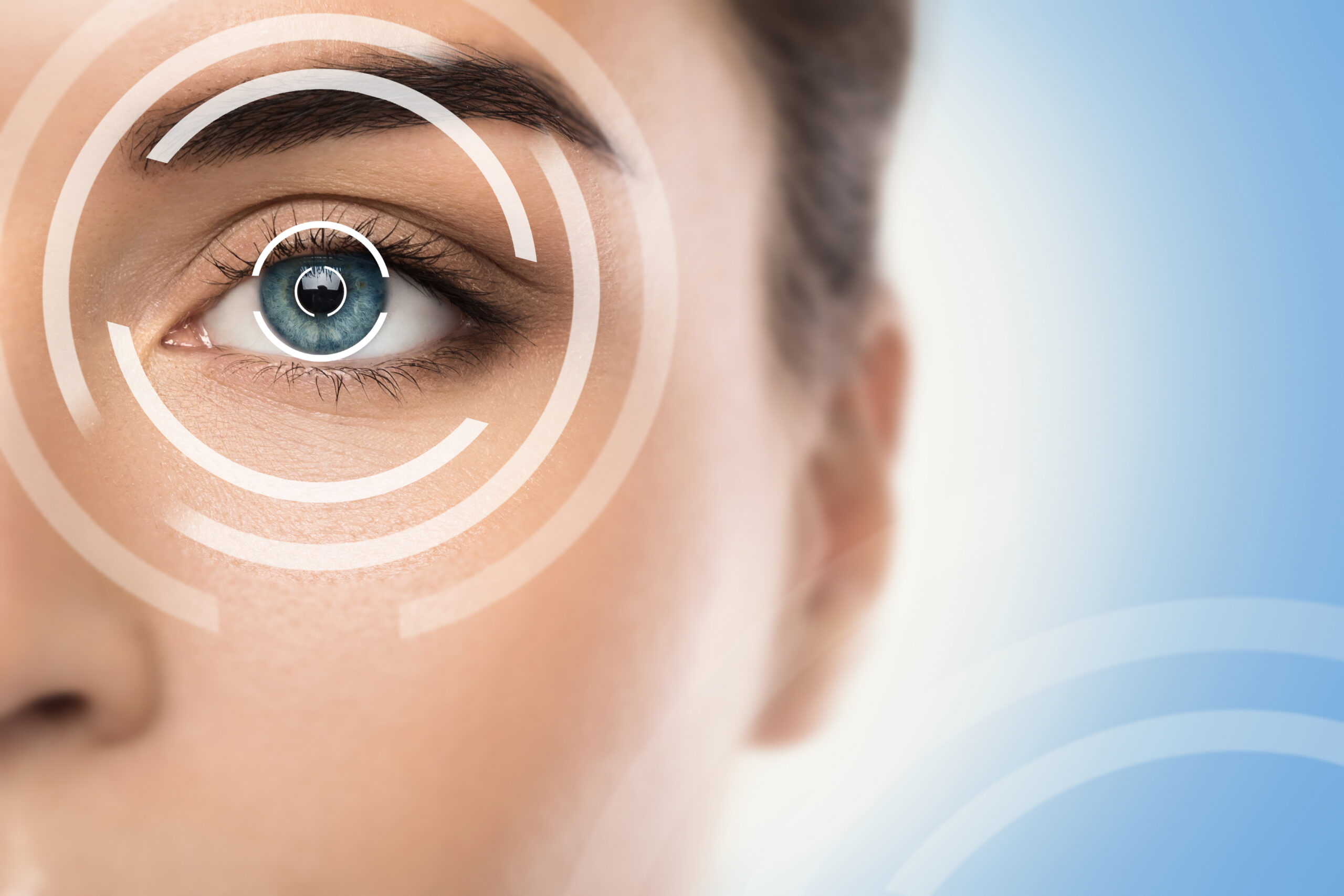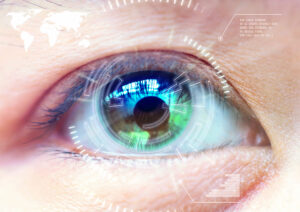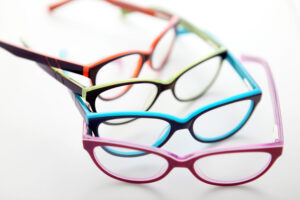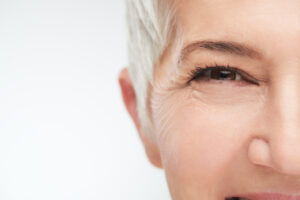It is no secret that sleep deprivation hits the body and mind like alcohol.
You know when you get enough sleep, your overall health will improve, and so will the well-being of one’s eyes. To achieve this goal, there are a few things we can do before bedtime:
- Eliminate distractions like screens and other light sources.
- Avoid eating large meals close to slumber mode (including caffeinated drinks).
- Take regular siestas during long days where it’s possible for at least three hours midday rest aren’t interrupted by outside forces such as work deadlines or family obligations–do whatever works best to make sure our minds+eyes get together once again without any interruption.
When we get enough sleep, it is for both overall health and eyesight. We can also improve sleep quality by changing what’s in front of them before bed – like this article says! It’s not great, but where do our eyes fit into the equation?
Effects Of Lack of Sleep On Eye Health
You might be familiar with the short-term symptoms of sleep deprivation, such as irritability and difficulty concentrating. These are just some of its significant side effects! Over time without enough zzzs, the lack can make our immune systems weaker, which will have consequences for how fast or easy you lose weight; increase in blood pressure levels in some cases, also leading to mood changes, among other mental issues like memory loss – not forgetting those tired eyes too!. It even affects what happens when we close them at night.
Sleep is a necessary part of staying healthy. Skipping sleep can have severe consequences for your body, including making you feel grumpier and dazed during the daytime or having trouble concentrating at work – not exactly what we want from our lives! It also affects how well vision works over time as lack thereof makes it harder not just to focus on things up close but farther away too, which impacts every aspect from reading signage back home again after being out wandering around town looking lost without any idea where anything even exists let alone exits because hey guess what if these buildings don’t look familiar anymore.
Lack of sleep is not only annoying, but it can also have long-term effects on your health. Short-term symptoms include irritability and drowsiness; over time, these will become more prevalent, as well as other consequences like a weakened immune system or mood swings due to lack of restful hours. The third thing this affects is our eyesight – both vision developmentally through childhood into adulthood (and beyond) and for those who may be experiencing story glaucoma caused by elevated pressure within their eyeball itself.
Blue Light From Screens and Our Internal Clocks
The sun has been our blue light source for as long as we can remember. Because of this, it’s only recently that artificial lights like computer screens and phones have started giving off radiation in a different color spectrum than what humans naturally produce on their own – red-orange hues which signal to us at night time that it’s still daytime and like this obligates us into thinking otherwise due ignorance towards sitting too much throughout the evening hours.
For centuries now, people who work outside during daylight times have had ample opportunity where they could look up from whatever task may be before them without having any difficulty reading text or comprehending images.
What’s up with all those blue lights? We can’t step away from screens and take a break. But there’s something special about that light, and it has the power to make us feel wide awake even if our bodies are tired! When we look at them late into the evening or early morning before bedtime, these displays trick your brain into thinking daytime is still on (and then suddenly sleep mode). No matter how tech-savvy you may think of yourself as an individual human being today – no one will ever change what color eyes they were born with nor be able-bodied enough.
We’re biologically fixed in our ways, and we can’t change how blue light affects us. For most of human history, it’s only been coming from sunlight – but now, with all these new sources like screens late at night or even led lights- this has changed! When you look at your devices after working hours start kicking in? Your brain thinks it’s still daytime so long as there isn’t enough green visible on screen for more than 1 second every 5 minutes; during those brief moments when green is present, however. I’m sure people will eventually get sick of looking up into nasty orange clouds daily while they work their fingers typing away.
Turn Off the Blue Lights Before Bed
If you’ve noticed that the screens are keeping you up at night or it’s difficult for you to fall asleep once inside, there might be something wrong with how late-night screen usage affects sleep. We recommend putting away all electronics 1 hour before bedtime so they don’t interfere with what little restful time one should get per day; this includes smartphones too! Or check out other settings on these devices which reduce blue light after dark hours – some people find their vision improves drastically when using filters like the Fatshark Free Nights collection (which also keeps bugs off!)
If your eyes are heavy and it’s difficult to fall asleep once they hit the pillow, try putting away screens an hour before bed. You might be surprised to see the difference it makes for sleep quality and eye health!
Do you know that feeling when you cannot sleep until very late at night and struggle to fall asleep once laying down? It might be because your screen usage keeps the blue light from fading away. We recommend either putting them away one hour before bedtime, checking out different settings on devices that reduce or block this harmful spectrum of light (like adjusting brightness), or getting rid of such glaring screens altogether! The benefits go beyond just wanting better eye health; reduced insomnia will make life more enjoyable. Do you think about never having trouble zipping off again?? Sometimes during the evening, I look at my laptop glowing.
RelaxYour Eyes From Your Contact Lenses
Placing contact lenses overnight can help reduce your risk of eye infection and wake up with less pain, but you should take them out before bed. If wearing contacts all day long seems like too much work, try leaving one lens in at night when sleeping so that they have time to rest while still being worn during waking hours.
Contact lenses can often be a bit more challenging to remove than they were in the past, but your eyesight needs to take them out at night so as not to infect or damage them. If wearing contacts during rest time isn’t an option due to either physical limitations of yourself (such as having sleep apnea) or because this would bother others around you too much, then try removing one contact before bedtime and putting it back on when ready!
Prioritize Eye Exams
Do you have any questions about sleep and eye health? We’re happy to answer them for you the next time you visit an ophthalmologist! In the meantime, get plenty of rest by staying hydrated throughout your day. Be safe when handling lenses in case it slips out; wear gloves or use one fingertip only so as not to put pressure on top eyelids with fingers crooked like claws while sleeping at night (I know how tempting eyestalks can be).





